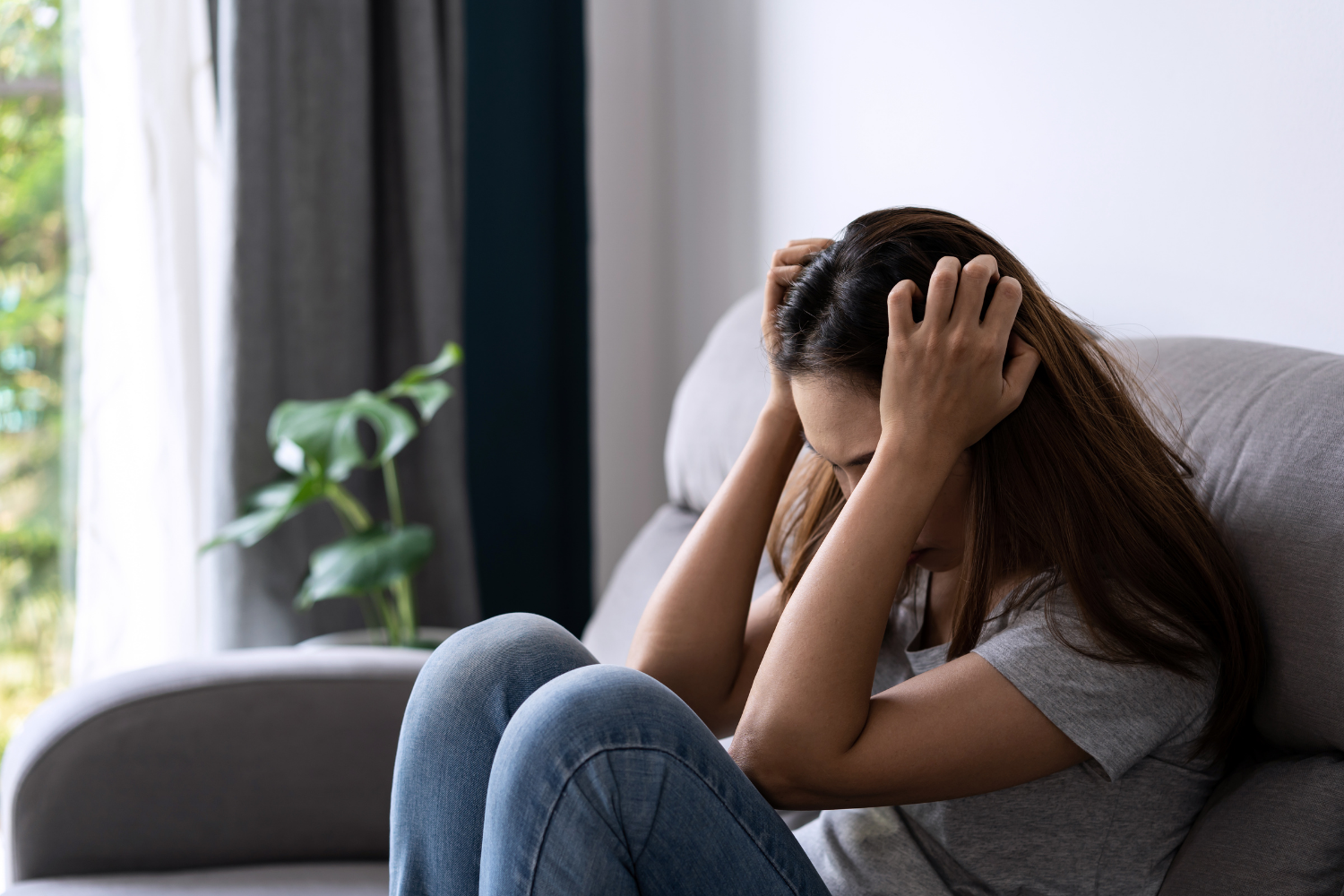
Coping with anxiety in times of crisis: a help from nature
According to the World Health Organization, the global prevalence of anxiety and depression increased by 25% in the first year of the pandemic. While the COVID-19 emergency continues, the situation is likely to get worse as a result of the Russian-Ukrainian war.
Mental health in the COVID-19 pandemic
Over the past two years, demand for food supplements for anxiety and sleep disorders has peaked. Since March 2020, U.S. consumers’ spending on such products has been growing by 10-15% on a monthly basis.
One possible explanation is the unprecedented isolation that the global population faced as a result of the pandemic. Millions of people have abandoned their offices and turned to remote work, students have experienced distance learning, and everyone has struggled to stay close to friends and family members. Some of the most serious triggers for anxiety and depression include loneliness, fear of contagion, financial worries, illness, and even the death of loved ones.
Preventive measures adopted by governments, such as social restrictions, lockdowns, school and business closures, together with some legislative uncertainty, have had a major impact on every aspect of personal and working life.
Women and young people have been affected the most. The pandemic has, if possible, deepened gender inequality. Many women have been impacted by lower wages and unstable job positions compared to their male counterparts. On a domestic level, moreover, school closures have increased the workload on children, care, and education. Not to mention domestic violence: in Italy alone, more than 15,000 women turned to anti-violence centers in 2020; of these, more than 90% turned to them for the first time in 2020.
As for younger people, suicidal and self-harming tendencies have grown dramatically. According to data from the Bambino Gesù Children’s Hospital in Rome, neuropsychiatric consultations involving suicide attempts in the 15- to 24-year-old age group have increased from 36% in April 2019 to 63% in January 2021.
Closures of schools and other learning spaces have deprived children and young people of essential peer-to-peer interaction and social tools, necessary for their mental and physical well-being. Young workers, moreover, have been the most affected by economic difficulties, leading to further growth in youth unemployment and situations of greater instability.
Natural remedies for relaxation and sleep
Although we are not addressing anxiety disorders from a medical point of view in this article, we can undoubtedly say that all people experience anxiety in their lives as a result of difficulties, changes, and important decisions. The pandemic has worsened the situation, exposing millions of people worldwide to generalized fear, stress, and insomnia.
Where the situation does not reach pathological levels, which require the support of a professional, many activities can be used to fight anxiety and sleep problems. For example:
- relaxation techniques such as meditation, slow breathing, and progressive muscle relaxation;
- regular sports activity, which reduces anxiety and stress through the release of endorphins;
- interpersonal and social relationships.
People have always turned to nature for help with their mental and physical well-being. There are many medicinal plants with sedative properties that can be used in cases of insomnia, excessive stress, and anxiety, such as:
- passionflower, to promote relaxation, sleep, and mental well-being;
- lavender, for the relief of mild symptoms of mental stress and anxiety and as a sleep aid;
- lemon balm, with calming properties for relaxation, mental well-being, and as a mood enhancer;
- Californian poppy, for relaxation and sleep aid in case of stress.
Another natural remedy is the Blue skullcap, a perennial herb native to North America, traditionally used to promote relaxation and sleep. BlueCALM® is our new dry extract of Scutellaria lateriflora L., tested on a human adrenocortical carcinoma cell line, an in vitro model commonly used to investigate the mechanism of action of molecules with anti-anxiety activity. The results show that BlueCALM® inhibits the release of cortisol, the body’s main "stress hormone".
Preclinical studies have also shown strong antioxidant and anti-glycation activity: BlueCALM® inhibits the formation of AGEs (Advanced Glycation end-products), harmful substances involved in many chronic degenerative diseases, including Alzheimer’s. Download the brochure for more information.
To sum up, anxiety can truly be considered the "disease of modern times". Far from underestimating it as a temporary discomfort, we must analyze the triggering factors and treat them when necessary with specific therapies, also with the help of a professional.
The global effects of the pandemic and war on our mental health are expected to last for some time, and we all need to be equipped to cope with them.